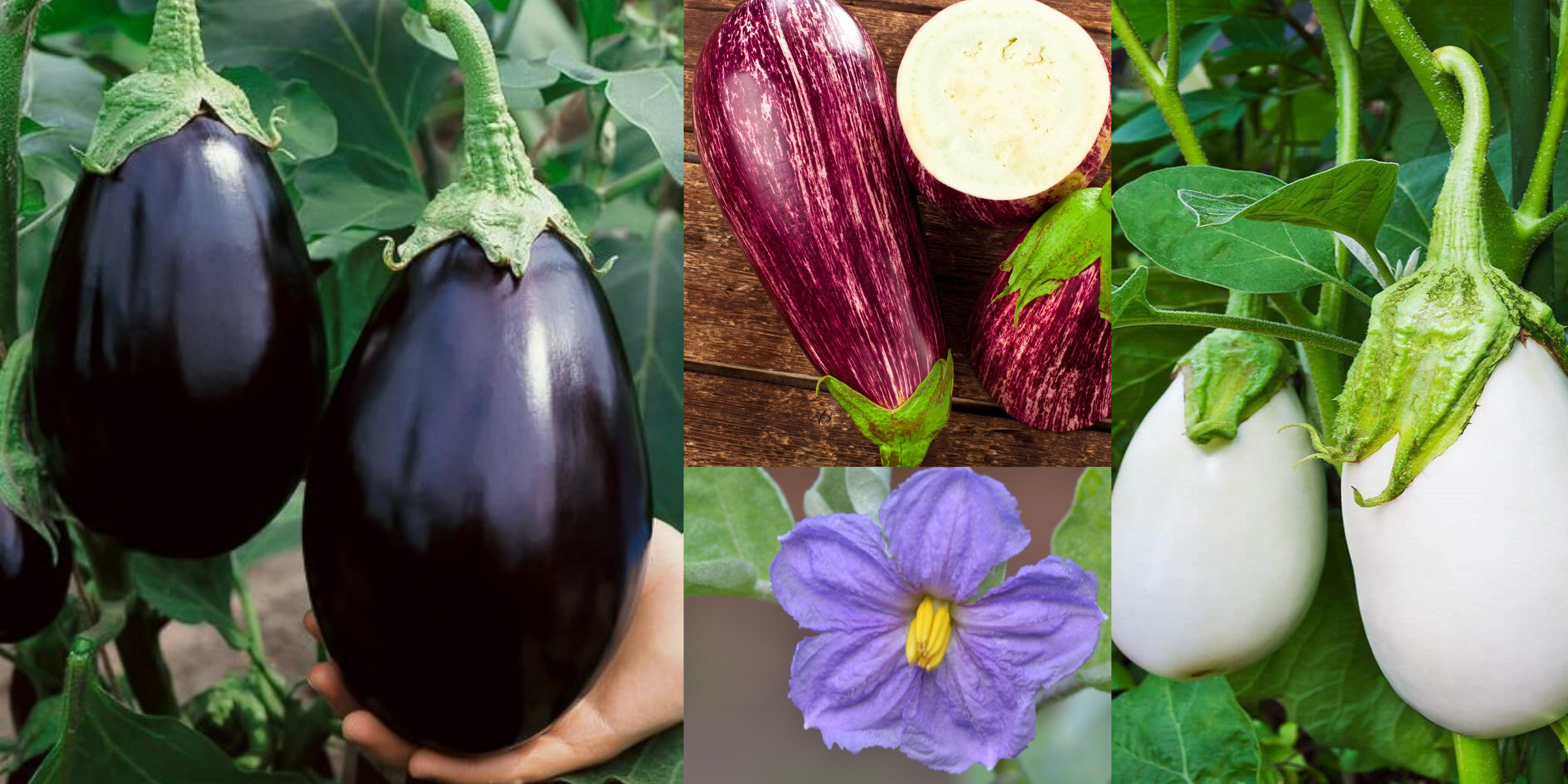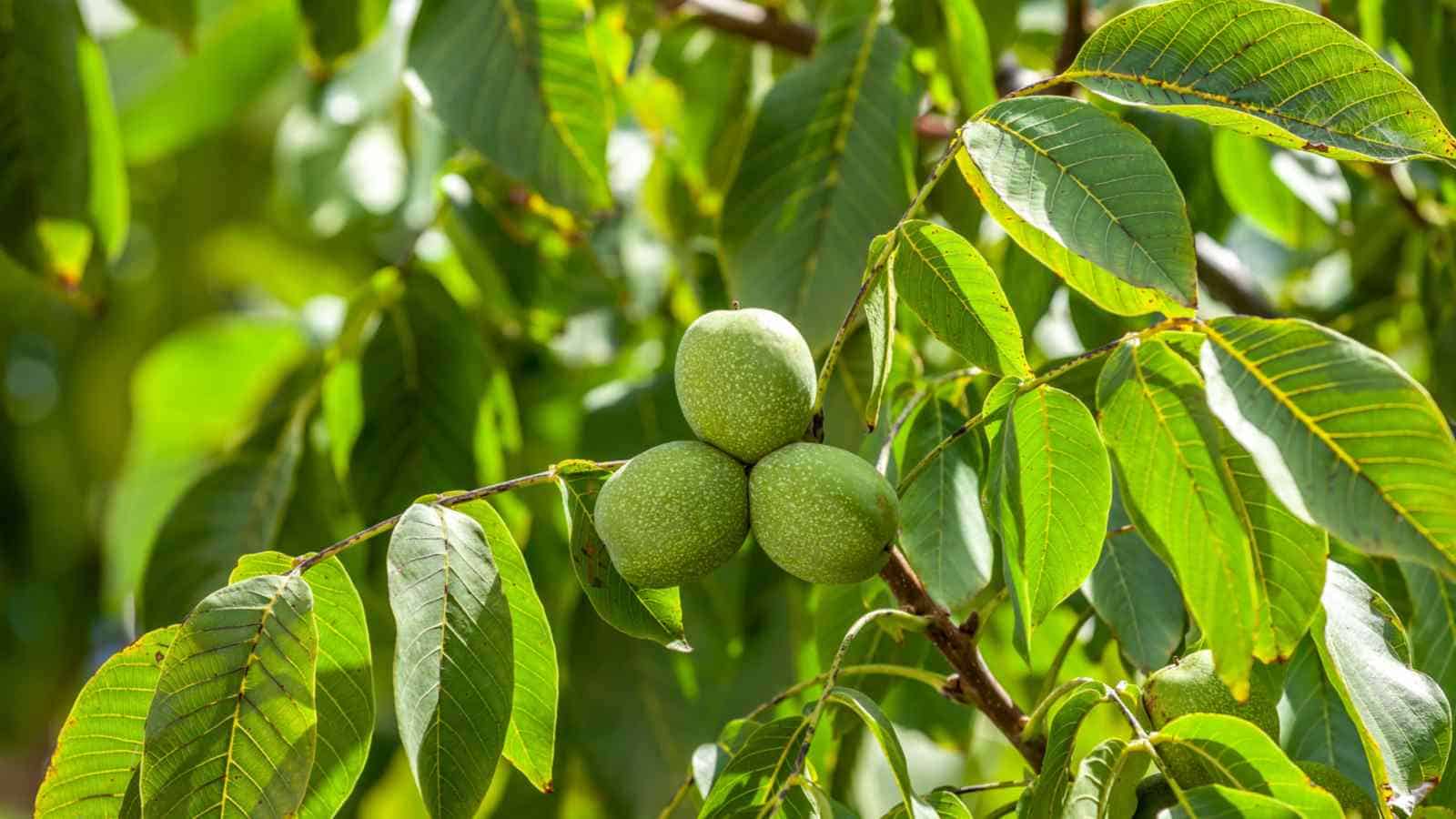7 Plants You Should Never Grow Near Your Tomatoes – And What to Plant Instead
By Darrell Smith – DH Garden Centre & DH Landscape Solution, Vancouver, BC
If there’s one plant that rules the summer garden, it’s the tomato. At DH Garden Centre in Vancouver, we see tomato seedlings fly off the shelves every spring. And for good reason—they’re a backyard favorite, easy to grow, and delicious to harvest.
But here’s what most gardeners don’t realize: what you plant next to your tomatoes can make or break your entire season.
You could have perfect soil, full sun, and a gorgeous tomato cage—but if your tomatoes are growing beside the wrong plants, all that effort can be undone. After 25 years in landscaping and helping thousands of customers at our family-run garden centre, I’ve seen it time and time again.
So here’s my personal list of 7 plants to never grow near your tomatoes – plus better alternatives you can grow instead to keep your tomato patch thriving.
1. Cabbage (and other Brassicas)
This includes broccoli, cauliflower, kale, kohlrabi, Brussels sprouts, and even some mustards. They all belong to the brassica family—and none of them play well with tomatoes.
Why? Brassicas are nutrient hogs. They have big, leafy growth and require tons of nitrogen, which tomatoes also need to thrive. When planted close together, cabbage and tomatoes compete for the same resources, often leaving the tomato plants looking stunted and pale.
Brassicas also prefer cooler weather, while tomatoes love the heat. Different growing needs = unhappy neighbors.
🌱 What to plant instead: Leafy lettuce, spinach, or shallow-rooted herbs like basil. They won’t compete with tomatoes, and they even help suppress weeds around your tomato base.

When planted close together, cabbage and tomatoes compete for the same resources, often leaving the tomato plants looking stunted and pale.
2. Corn
On the surface, corn and tomatoes seem like a nice summer combo—but underground (and above ground), they share an enemy that can destroy them both: the corn earworm, aka the tomato fruitworm.
This pest lays eggs in both corn silks and tomato blossoms. Once hatched, the larvae burrow deep into tomato fruits, making them rot from the inside out. They’re extremely hard to detect and even harder to stop once they’re in.
Even worse, corn grows tall and can shade out your tomatoes, reducing airflow and increasing humidity—which invites fungal disease.
🌱 What to plant instead: Consider growing sweet alyssum or borage near your tomatoes. They attract beneficial insects like parasitic wasps that feed on tomato pests without harming your crops.

On the surface, corn and tomatoes seem like a nice summer combo—but underground (and above ground), they share an enemy that can destroy them both: the corn earworm, aka the tomato fruitworm.
3. Fennel
Fennel is the garden introvert—it really doesn’t get along with many plants. Its roots secrete allelopathic compounds that suppress the growth of nearby plants, especially heavy feeders like tomatoes.
Even though fennel is in the carrot family (and carrots are great tomato companions), this one’s a no-go.
🌱 What to plant instead: Try chives or green onions. Both are shallow-rooted, pest-deterring allies that improve tomato growth and flavor without stealing space or nutrients.

Fennel roots secrete allelopathic compounds that suppress the growth of nearby plants, especially heavy feeders like tomatoes.
4. Dill (Mature Plants)
This one’s a little complicated.
In their youth, dill plants are helpful—they attract predatory insects that keep aphids, hornworms, and spider mites away from your tomatoes. But as dill matures and starts to flower, it releases substances that inhibit tomato growth.
It’s like inviting someone to help you build a house and then watching them tear down the walls a few weeks later.
🌱 What to plant instead: Calendula or nasturtiums offer similar pest-repelling benefits without turning against your tomatoes later. Plus, they bring color and pollinators to your garden!
:max_bytes(150000):strip_icc()/dill-tips-for-growing-and-using-1402606-12-57086d9f5f954424a31adbe37dbc8d7f.jpg)
But as dill matures and starts to flower, it releases substances that inhibit tomato growth.
5. Eggplant
Eggplant and tomato—two Mediterranean stars, both part of the nightshade family. Sounds like a perfect match, right? Unfortunately, they share the same diseases, especially early and late blight.
Blight spores spread easily in damp conditions (which are common in coastal areas like Vancouver), and planting these two together increases the chance that if one gets sick, the other will too. And once blight is in your soil, it can take years to fully recover.
🌱 What to plant instead: Choose companion flowers like zinnias or cosmos. They attract pollinators and beneficial insects that improve tomato fruit set and keep harmful bugs at bay.

Blight spores spread easily in damp conditions (which are common in coastal areas like Vancouver), and planting these two together increases the chance that if one gets sick, the other will too
6. Potatoes
Like eggplants and tomatoes, potatoes are nightshades, and they come with the same problem: shared diseases and pests. Blight, root-knot nematodes, and leaf spot can easily move from one plant to the other, especially in raised beds or container gardens.
Another issue? Potato harvests involve digging, which can damage nearby tomato roots. Damaged roots lead to stressed plants and increase the risk of blossom end rot.
🌱 What to plant instead: Use the space for low-growing herbs like oregano or thyme, which act as a ground cover to conserve moisture and deter crawling pests.

Like eggplants and tomatoes, potatoes are nightshades, and they come with the same problem: shared diseases and pests.
7. Walnut Trees
This one often catches people by surprise. Walnut trees—especially black walnut—release a natural chemical called juglone, which is toxic to many plants.
Tomatoes are extremely sensitive to juglone. Even if a walnut tree is growing 10-15 meters away, the juglone in the soil can severely stunt or kill your tomato plants. And adding walnut leaves or shells to your compost? That’s a big no-no.
🌱 What to plant instead: If you have a walnut tree nearby, plant tomatoes in raised beds or large containers using fresh, clean potting mix. This keeps juglone-contaminated soil from ruining your crop.

This one often catches people by surprise. Walnut trees – especially black walnut—release a natural chemical called juglone, which is toxic to many plants.
So, What Should You Grow Near Tomatoes?
At DH Garden Centre in Vancouver, we love helping customers choose tomato-friendly companions that actually boost growth and protect against pests. Here are some of our all-time favorites:
✅ Best Tomato Companion Plants:
-
Basil – Enhances flavor, repels aphids and whiteflies
-
Marigolds – Repels nematodes, whiteflies, and harmful beetles
-
Nasturtiums – Acts as a trap crop for aphids and flea beetles
-
Carrots – Loosen soil and don’t compete for nutrients
-
Chives and garlic – Deter spider mites and fungal infections
-
Calendula – Attracts pollinators and predatory insects
-
Parsley – Attracts hoverflies that eat aphids
These companions don’t just work—they thrive in Vancouver’s mild climate and can easily be planted in containers, raised beds, or traditional gardens.
Bonus Tip: Soil Health Is the Real MVP
No matter what companions you plant, your tomatoes will only be as healthy as the soil they grow in. We always recommend:
-
Amending soil with organic compost or worm castings
-
Using raised beds or containers with fresh mix for urban gardens
-
Rotating crops each year to prevent soilborne diseases
At DH Garden Centre, we stock a wide range of soil enhancers, composts, and organic fertilizers that are specifically chosen for Vancouver’s climate and conditions.
FAQ – Your Tomato Companion Planting Questions Answered
Q: Can I plant tomatoes and peppers together?
A: Yes—but be cautious. They share pests like aphids and diseases like mosaic virus. Provide good airflow and don’t plant them back-to-back in the same spot each year.
Q: Can I plant tomatoes near beans?
A: Pole beans can compete for space and sunlight. If space is tight, choose bush beans instead and plant them a few feet away.
Q: Do coffee grounds help tomato plants?
A: In moderation, yes. Coffee grounds can improve soil texture and add nitrogen, but too much can acidify your soil. Mix them well or compost first.
Final Thoughts from Darrell
As a landscaper and plant guy who’s spent his life in gardens big and small, I know that gardening isn’t just about growing things—it’s about growing smart.
Tomatoes are one of the most rewarding crops you can grow. But don’t let a few bad neighbors spoil the party.
Avoid the seven plants above, choose great companions, and build healthy soil—and your tomatoes will reward you with juicy, abundant harvests all summer long.
Need help choosing the right plants for your tomato patch?
👉 Come visit us at DH Garden Centre in Vancouver, or shop online for seedlings, soil, and all your garden needs.
Let’s grow something great together!
📍 DH Garden Centre LTD.
3742 West 10th Avenue, Vancouver, BC V6R 2G4
🛒 dhgardencentre.com
📞 604-929-7335
